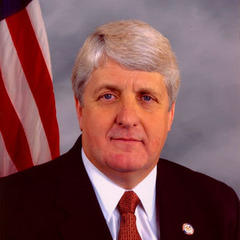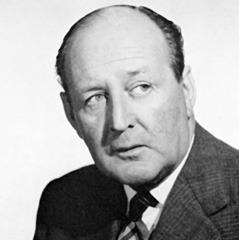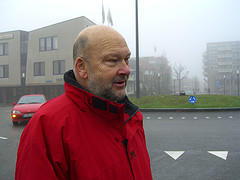Haste Quotes - Page 6
Ovid (1914). “Heroides and Amores”
John Heywood (1562). “The Proverbs, Epigrams, and Miscellanies of John Heywood ...”, p.384
The party that negotiates in haste is often at a disadvantage.
Howard Raiffa, John Richardson, David Metcalfe (2002). “Negotiation Analysis: The Science and Art of Collaborative Decision Making”, p.93, Harvard University Press
Civil Disobedience (1849)
William Penn (1838). “The Rise and Progress of the People Called Quakers”, p.85
Some by experience find those words mis-placed: At leisure married, they repent in haste.
'The Old Bachelor' (1693) act 5, sc. 8
Will Cuppy, P. G. Wodehouse (2005). “How to Tell Your Friends from the Apes”, p.52, David R. Godine Publisher
I henceforth tread the world, chaste, temperate, an early riser, a steady grower.
Walt Whitman (2008). “Leaves of Grass: A Textual Variorum of the Printed Poems, 1860-1867”, p.324, NYU Press
Thomas Chatterton, Charles Bonnycastle Willcox (1842). “The Poetical Works of Thomas Chatterton: With Notices of His Life, History of the Rowley Controversy, a Selection of His Letters, and Notes Critical and Explanatory”, p.140
Samuel Johnson, Arthur Murphy, Francis Pearson Walesby (1825). “The Works of Samuel Johnson, LL.D..: The Adventurer and Idler”, p.182
Ah, yes, my social life — a series of encounters where we briefly debate who is in the greater rush.
Matthew Henry, Philip Henry (1855). “The miscellaneous works of the Rev. Matthew Henry: containing in addition to those heretofore published, numerous sermons and papers, now first printed from the original manuscripts. With forty sermons on what Christ is made to believers, by Philip Henry; funeral sermons for Mr. and Mrs. Henry, by the Rev. Matthew Henry; funeral sermons on Mr. Matthew Henry, by W. Tong, John Reynolds, and Dr. Williams”, p.309
Mary Roberts Rinehart (1931). “My story”, Farrar & Rinehart







